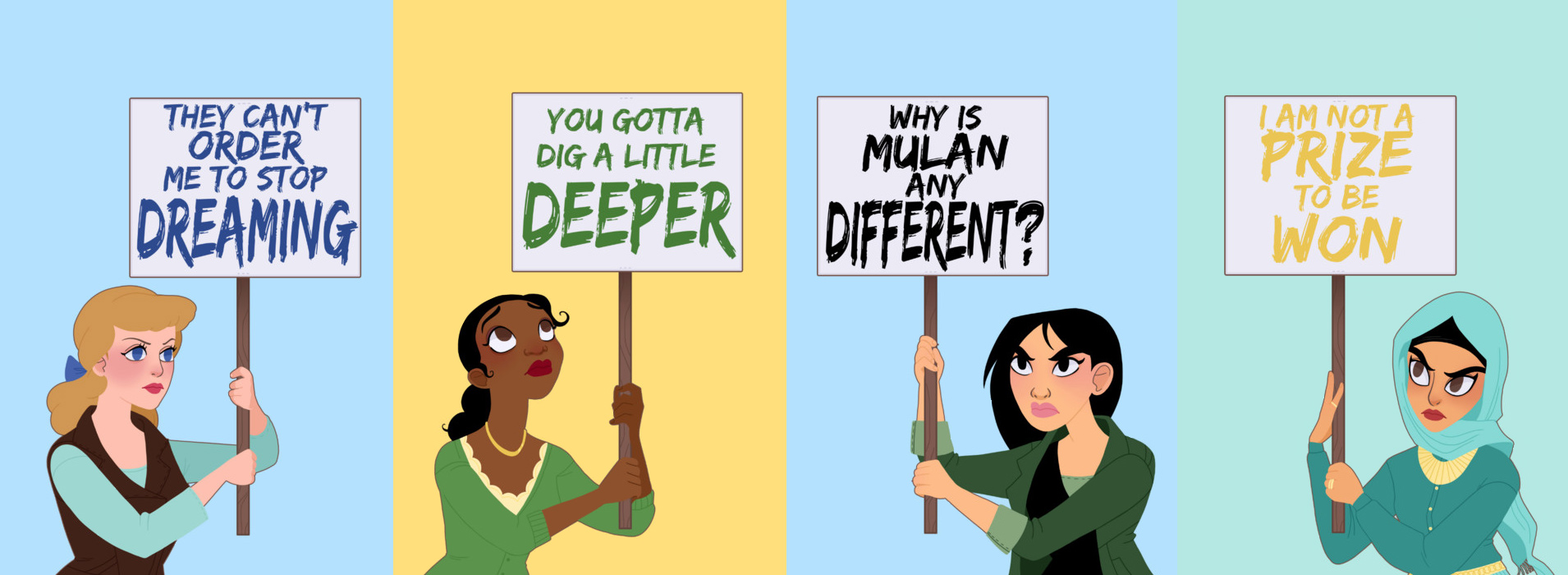Classic Disney cartoons are in the hearts of many people, especially young children. But when breaking down the messages within the cartoons, they can be some problematic tones.
For example, in The Little Mermaid, Ariel, the red-headed mermaid was more willing to give up her voice for a man of her dreams. In the cartoon, the Kiss the Girl song says about the sexual attractions between Prince Eric and Ariel, but argues that consent isn't necessary in the lyrics:
She don't say a word.
And she won't say a word.
Until you kiss that girl, kiss the girl.
Disney has however progressed and evolved in many ways. Newer Disney cartoons for example, have slowly moved away from the prince charming-type and damsel-in-distress story lines. From Frozen, Toy Story, Moana and others, Disney is showing that women do have the power and influence.
But still, it’s no secret that Disney films had been plagued with racism and sexism. To prevent gender bias from further tarnishing its reputation, Disney has started using AI called 'GD-IQ: Spellcheck for Bias'.

The AI tool was developed by Oscar-winning actress Geena Davis, who founded the Davis Institute on Gender in Media, a research-based organization to educate creators and audiences about the importance of eliminating unconscious bias in the entertainment industry.
And the tool here can review scripts to spellcheck gender bias.
The AI can do this by analyzing scripts to pick up any gender bias, counts the number of male and female characters, to then evaluate whether the breakdown is representative of the actual population.
To create this tool, Davis partnered with the University of Southern California Viterbi School of Engineering.
The tool can also be used to evaluate many characters are part of the LGBTQ+ community, how many characters are people of color, how many of them have disabilities, as well knowing which characters that are part of other minority groups but aren’t frequently represented in film and television.
According to Davis in a keynote speech in New Zealand earlier this 2019, the tool is not to "share and blame" screenwriters and filmmakers. Instead, it's meant to raise awareness of the unconscious bias that is often present in scripts.
This kind of tool promises steps toward more diversity in entertainment.
It should help people in the filming industry to understand how their movies can be perceived by the public, and also help the filming industry in hiring more people from diverse backgrounds and perspectives who can bring their experiences to all aspects of the business.
"No matter how hard we work, we can’t snap our fingers and suddenly half the corporate boards are women. It’s going to take a long time to make some of these changes."